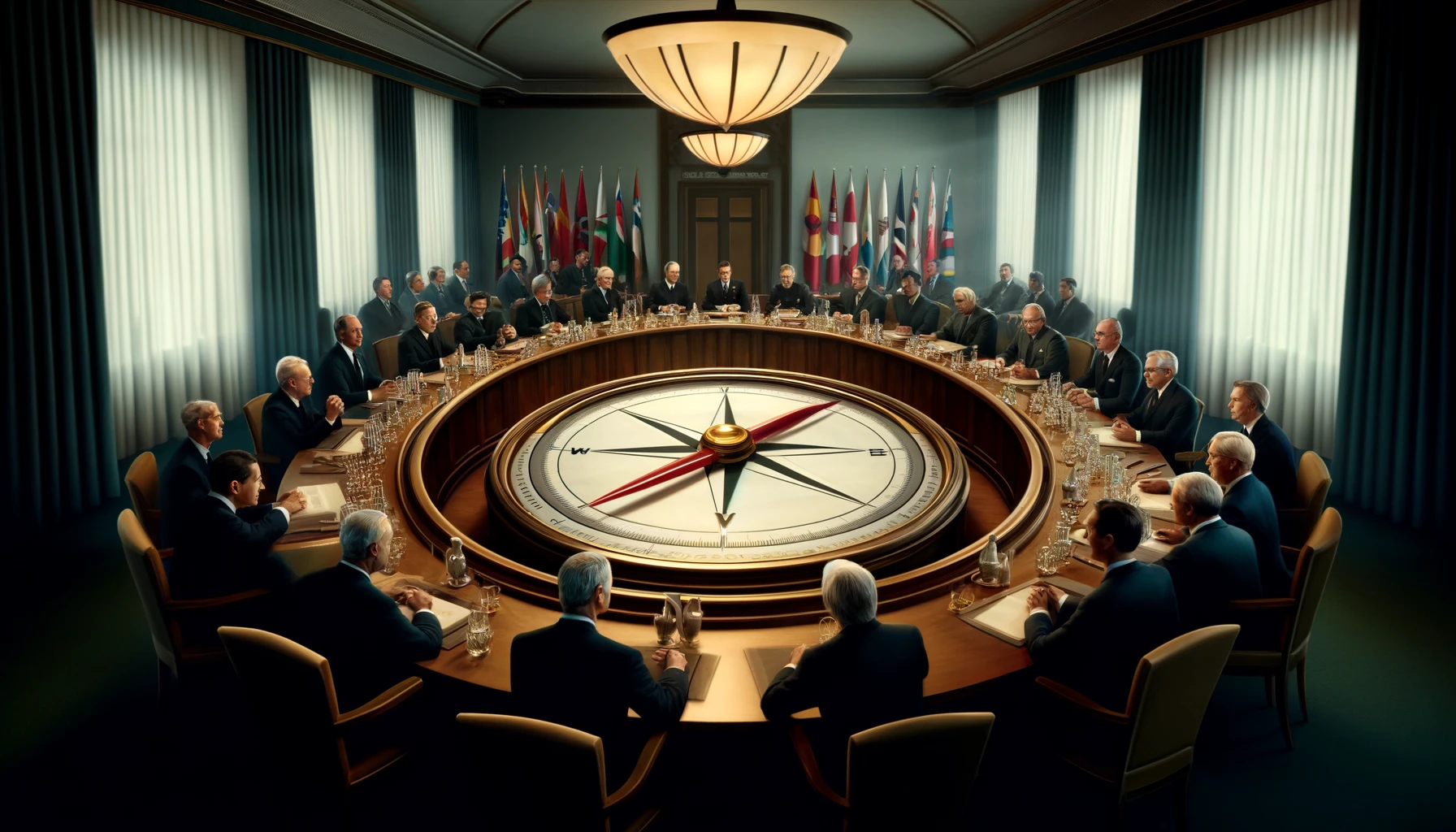In a satirical twist that has historians chuckling and political analysts scratching their heads, former colonial empires have announced a collective rebranding effort, declaring themselves the world’s new “moral compasses.” This bold move, spearheaded by nations historically known for their expansive colonial endeavors and questionable moral practices during those times, aims to position these countries as beacons of righteousness in today’s complex geopolitical landscape.
“The world needs guidance, and who better to provide it than us?” stated Sir Archibald Pretense, a fictional spokesperson for the newly formed Moral Compass Coalition (MCC). “Our rich history of exploration, conquest, and, let’s not forget, civilizing missions, gives us a unique perspective on morality. We’ve made all the mistakes, so now we’re perfectly positioned to advise others on what not to do.”
Critics have been quick to point out the irony of nations, once known for subjugating vast territories and exploiting resources and people, now positioning themselves as moral arbiters. “It’s like the fox teaching henhouse security,” quipped one skeptical historian, Dr. Ima Sceptique. “There’s a difference between having a history and learning from it.”
The MCC’s launch event featured the unveiling of a “New World Morality Map,” which surprisingly resembles old colonial maps, except with moral “no-go zones” and areas of “ethical interest” highlighted. Areas rich in natural resources coincidentally seem to fall within the “high moral interest” zones, leading some to question whether the old colonial playbook is being repurposed for the 21st century.
As part of their rebranding, member countries of the MCC have proposed a series of global initiatives, including the “Ethical Expedition Corps,” a group of morally upright individuals tasked with assessing the ethical landscapes of various countries and providing “constructive guidance” on governance, economic policies, and human rights practices. “Think of it as a ‘moral audit,’ but with the option of sanctions if you fail to comply,” explained Pretense, with a smile that many have described as unsettling.
The response from the international community has been mixed, with some smaller nations expressing concern over the resurgence of a colonial mindset under the guise of moral guidance. “We’ve seen this movie before,” remarked one anonymous diplomat, “and we didn’t like the ending the first time around.”
Social media reaction has been swift and satirical, with hashtags like #MoralCompassFail and #NewColonialism trending worldwide. Memes depicting the MCC members as misguided explorers “discovering” already inhabited lands of ethical governance have gone viral, highlighting the absurdity of the situation.
Despite the skepticism, the MCC remains undeterred, planning a series of global “Moral Summits” where nations can come together to learn from the former empires’ “vast experience” in making and then rectifying—or at least acknowledging—mistakes. “It’s a new era of leadership,” Pretense asserted, “one where the compass always points to us.”
As the world watches this rebranding effort with a mixture of amusement and apprehension, the lingering question remains: Can a leopard change its spots, or is this just colonialism in a moral cloak? Only time will tell, but for now, the direction of the moral compass seems to be spinning in circles.
